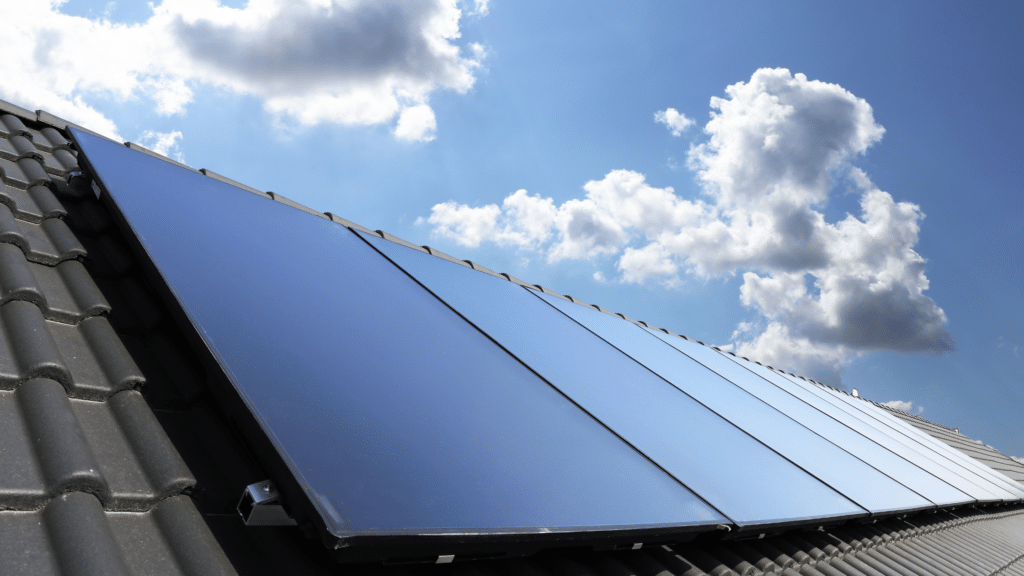In the face of rising energy costs and environmental concerns, more and more homeowners are considering the switch to solar energy. At Aligned NRG, we believe in the power of solar to not only reduce our carbon footprint but also to provide significant economic benefits. This detailed analysis will delve into the financial advantages of switching to solar energy.

Understanding Solar Energy
Solar energy harnesses the power of the sun to generate electricity. This is done through solar panels, which contain photovoltaic cells that convert sunlight into direct current (DC) electricity. An inverter then converts this DC electricity into alternating current (AC) electricity, which can be used in your home.
Reduced Energy Costs
One of the most immediate economic benefits of switching to solar is the reduction in your monthly energy bills. The amount you save will depend on several factors, including the size of your solar power system, the amount of sunlight your location receives, and your household’s energy consumption. However, it’s not uncommon for homeowners to see a significant reduction in their energy costs.
Energy Independence
By generating your own electricity, you become less reliant on the grid. This energy independence protects you from fluctuating energy prices. While the cost of electricity from the grid can vary widely and is likely to increase over time, the cost of solar energy remains relatively stable.
Increased Property Value
Homes equipped with solar energy systems often have higher property values and sell more quickly than non-solar homes. According to a study conducted by the National Renewable Energy Laboratory, homes with solar panels sell 20% faster and for 17% more money.
Tax Credits and Incentives
The federal government and many state governments offer tax credits and incentives to encourage the adoption of solar energy. The federal solar tax credit, also known as the Investment Tax Credit (ITC), allows homeowners to deduct 26% of the cost of installing a solar energy system from their federal taxes. Many states offer additional incentives, such as property tax exemptions, sales tax exemptions, and cash rebates.
Long-Term Investment
While installing a solar energy system requires an upfront investment, the long-term financial benefits make it a wise investment. Over the lifespan of your solar power system, you can expect to save tens of thousands of dollars. The exact amount will depend on your local electricity rates and solar policies.
Job Creation
On a broader economic scale, the solar industry is a significant job creator. According to The Solar Foundation, the solar industry added jobs at a rate nearly five times higher than the overall U.S. economy in 2016. These jobs are often well-paying and cannot be outsourced.
Conclusion
Switching to solar energy is not only good for the environment but also for your wallet. From reduced energy costs and tax credits to increased property value and job creation, the economic benefits of solar energy are significant.
At Aligned NRG, we’re committed to helping homeowners understand the benefits of solar energy and making the switch as easy as possible. Our team of experts will work with you to design a solar power system that meets your needs and maximizes your savings. Contact us today to learn more about how solar energy can benefit you economically.




